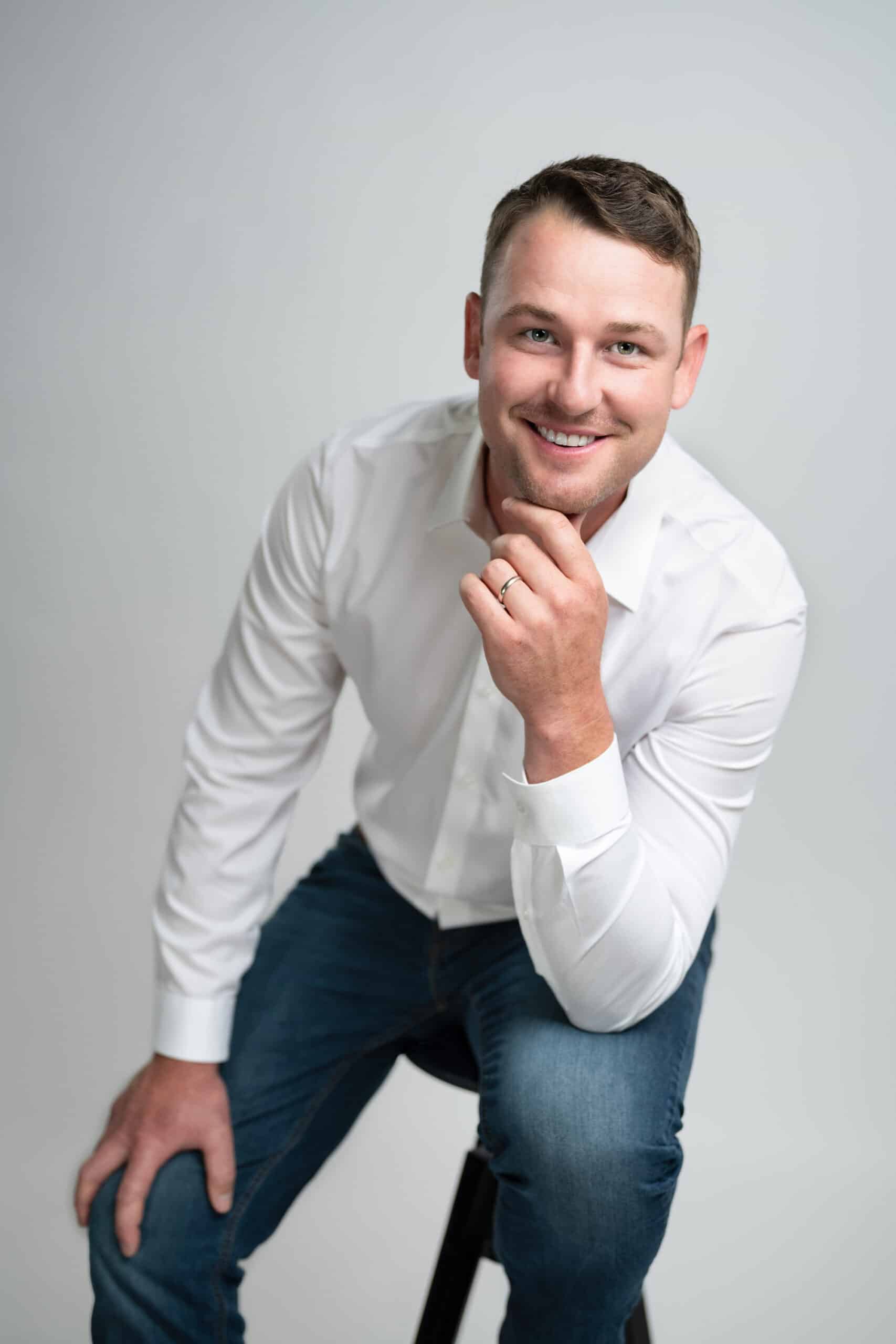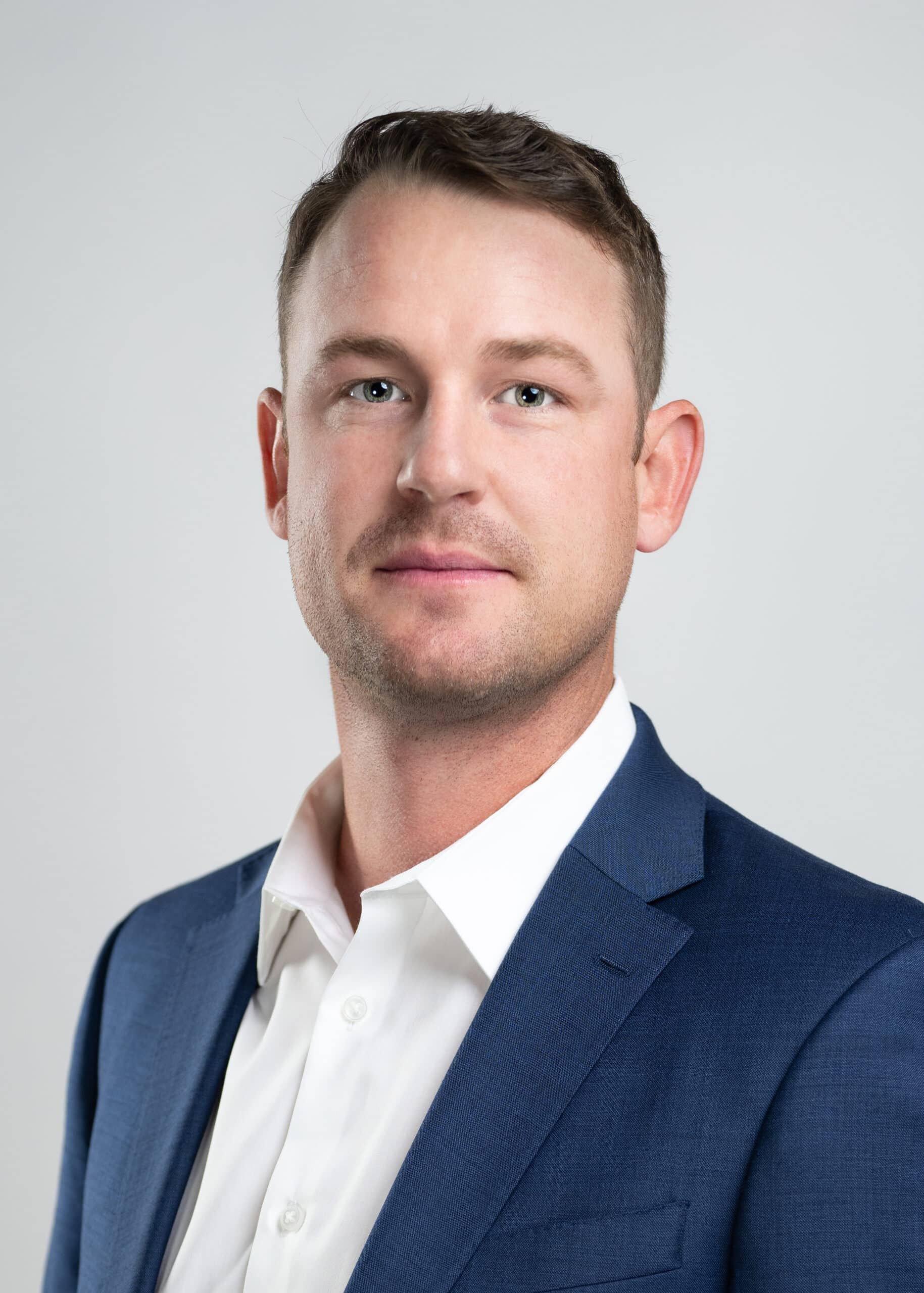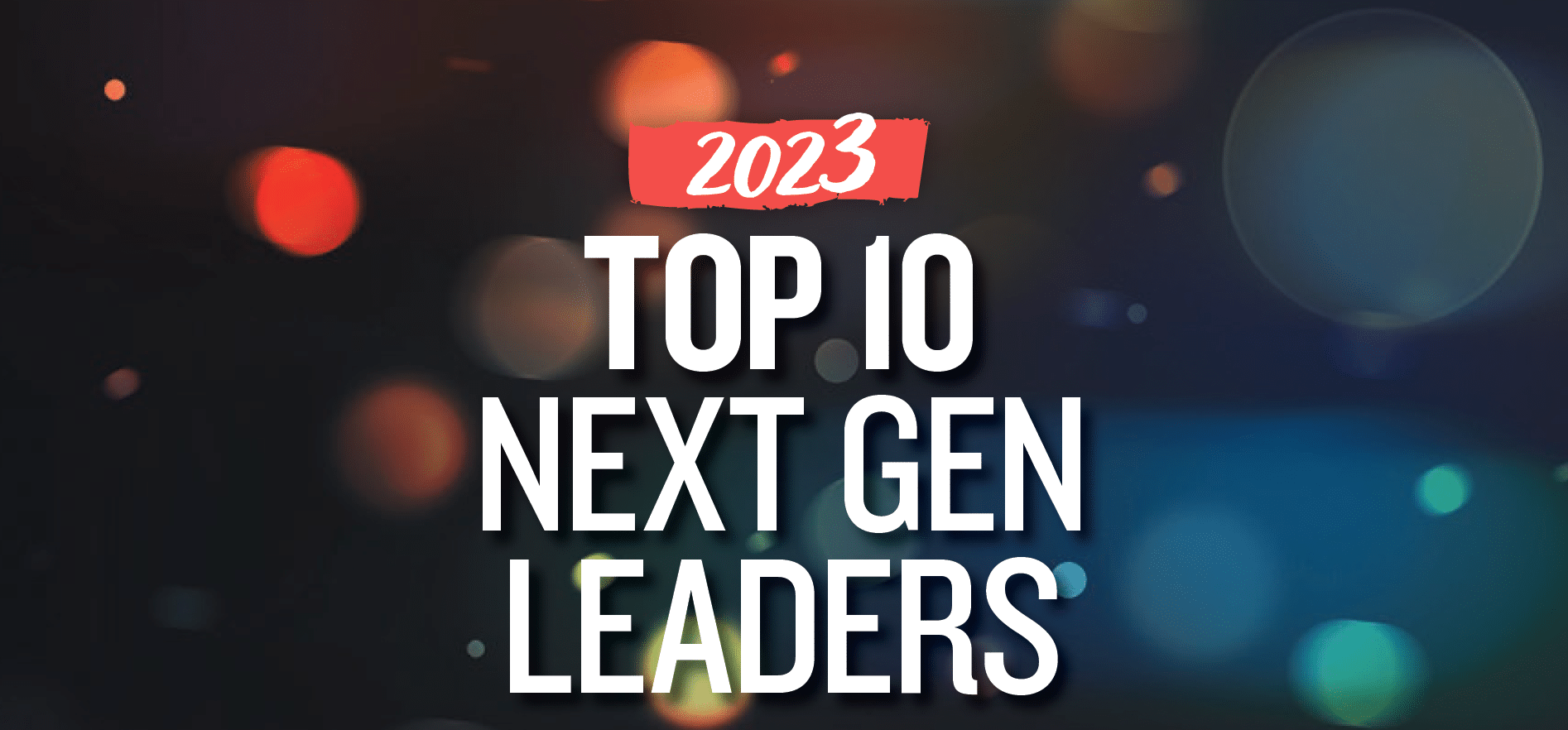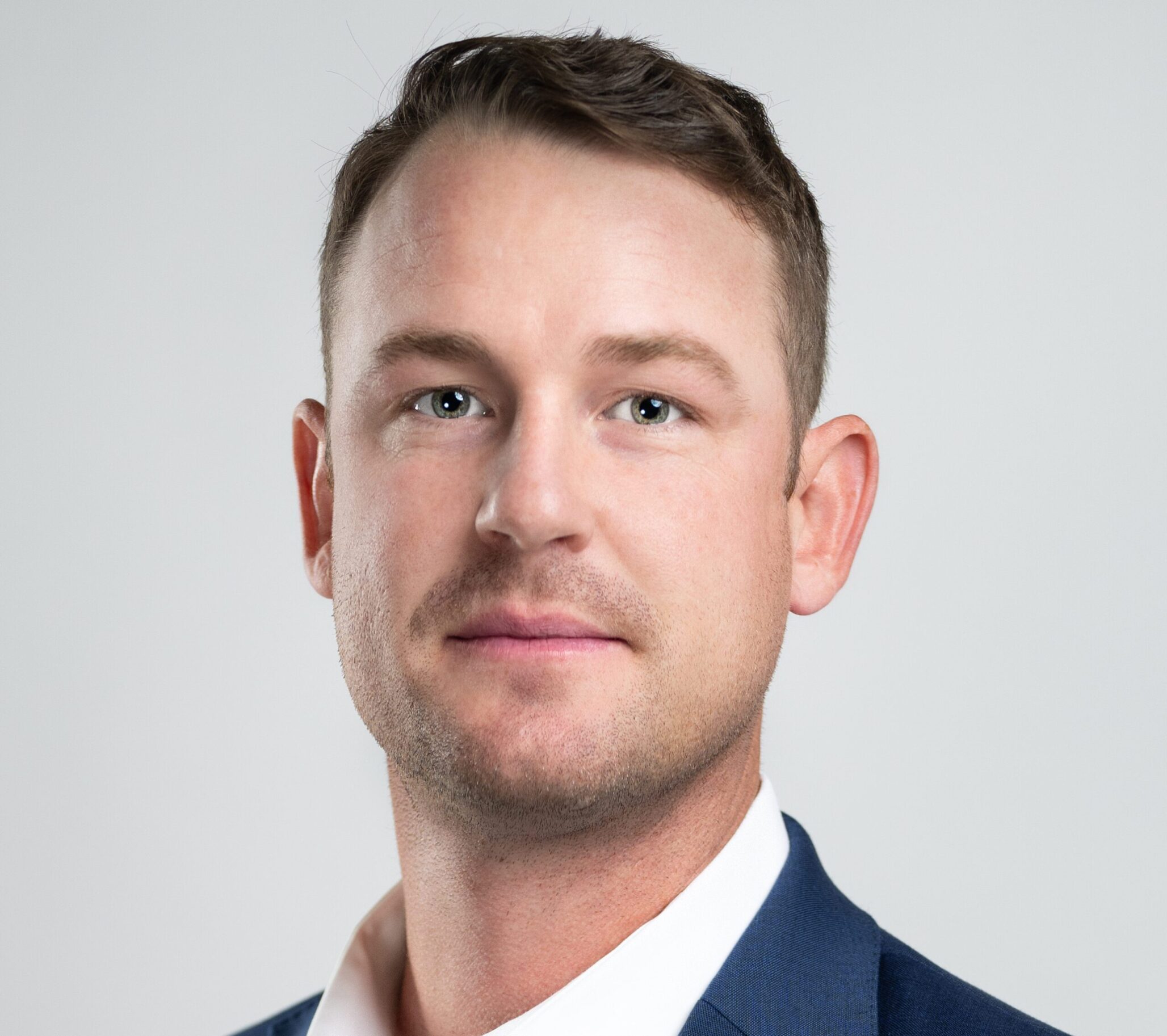With the world ever-changing, it’s hard to be sure of what lies ahead for the future. Are we in for another world- and business-changing event? How will leaders stand up to the unknown?
Fortunately for the seed industry, the future’s in good hands.
For the fourth year in a row, Seed World asked for nominations for top leaders in the industry who showcase a drive for bettering the global seed industry. We were delighted with the many nominations we received and challenged to select the very best from among them. We’re excited to, over the coming week, introduce you to an outstanding group of dynamic and passionate young people: our Top 10 Next Gen Leaders for 2023. The leaders come from a range of businesses — from multinationals to associations to independent companies. Not only that, but this year’s Next Gen winners also come from various backgrounds, ranging from marketing to seed production to breeding. But they all have one goal in common: leading the seed industry to the future.
The Seed World editorial board chose one leader out of the group that has proven to be an outstanding leader impacting the industry through his dedication to continuous learning, his passion for the seed sector and his initiatives abroad. Austin Fricker of Pure Seed was chosen as 2023’s Top Leader of the Seed Industry and will be featured on the cover of the September issue of Seed World.

Today we are spotlighting Austin Fricker, our distinguished Top Leader in the Seed Industry for 2023. Starting tomorrow and continuing throughout the week, we will showcase three additional up-and-coming leaders each day — stay tuned to discover who we are highlighting every day this week. We invite you to explore our updates on Facebook, Twitter, and LinkedIn, where we extend our congratulations to these prospective trailblazers who are set to shape the industry’s future.
Austin Fricker
2023’s Future Leader of the Seed Industry
In Austin Fricker’s life, one thing has continuously driven him forward: the desire to keep learning and expanding his own personal and professional knowledge. That passion has had far-reaching impacts on his professional life.
Fricker is the third generation of his family to work at Pure Seed. Today, he’s vice president and production manager. However, Fricker has been actively involved in the family business and farm since he was 13 years old, which is around the time he knew that working for the family business was what he wanted to pursue as his career. After college and graduate school, Fricker says he realized there was so much he could learn on the farm. That realization has only grown the longer he’s been in the business.
“As the years went on, I realized I had a lot to learn about: the seasonal activities, breeding strategies, personnel management, business strategies, budgeting, and so many more things,” he says. “The first couple years felt like drinking from a firehose and I quickly realized you can’t learn everything you need to know in a classroom or on a farm.”
As he continued to learn through working and by getting involved with different industry organizations and conferences, the confidence began to build — and he still believes he learns something new every day.
“As my knowledge and understanding grows, I can take on more roles and responsibilities which in turn helps build my confidence and incentivizes me to learn more,” Fricker says.
One piece of advice Fricker has for new leaders in the industry? Be brave about taking the plunge into something new.

“Don’t be afraid to get involved because you feel like you don’t know enough yet,” he says. “I think feeling like you need to learn more is key to continued success. It should drive you to participate more and to take advantage of these opportunities as much as possible. Most people want to see you succeed, so get involved, make new connections, and broaden your horizons.”
Fricker took his own advice firsthand in his mid-20s when he left home to spend some time in Nicaragua developing a 20-acre model farm, where they tried dozens of crops and integrated traditional farming practices and modern agricultural practices. That exposure allowed him to experience and be part of a completely different culture and socio-economic situation — and he says it was something he wouldn’t trade for the world.
“The resilience, kindness, and community that I witnessed and interacted with in those villages brought much-needed perspective into my life,” he says. “It helped me to develop my values as I was growing into adulthood and has had a major impact on how I view the world.
“I learned that investing in people can be painful, but that it can also pay off for the rest of one’s life,” Fricker says. “And finally, I learned that the world is complicated, but if you develop the right relationships, work hard and have an open mind, success can be achieved, even if it doesn’t look exactly like what you expected it to.”
Read part two, part three and part four here!












